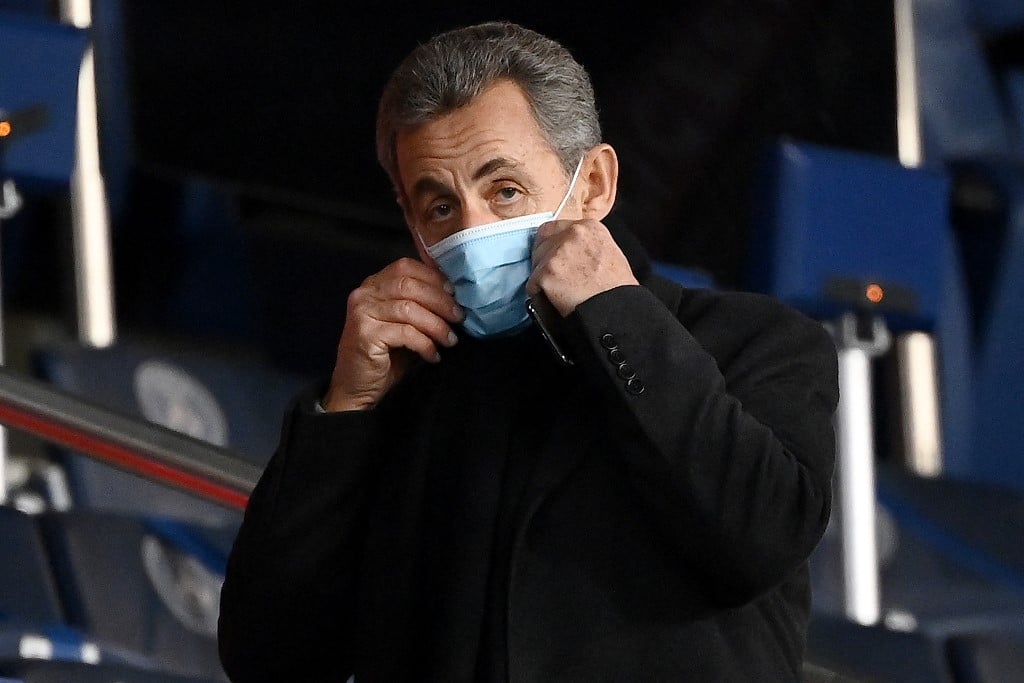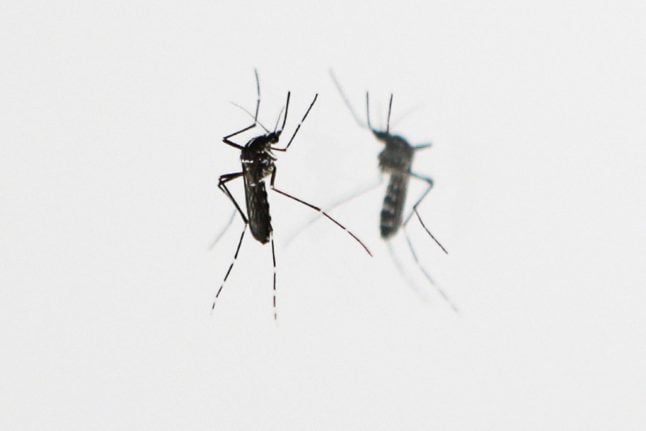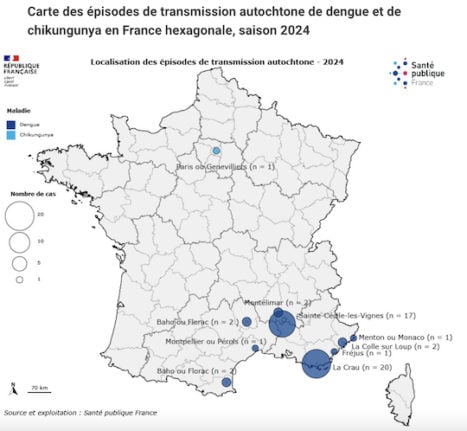The vaccination campaign in France is currently giving the jab to those aged 75 and over, though medical professionals and people at risk due to medical conditions also qualify.
Sarkozy received the vaccine on the basis of a “medical prescription”, said an aide who asked not to be identified by name.
The medical conditions that qualify under 75s to receive the vaccine at present are only the most serious – including cancer patients and transplant patients, although from next week people aged 50-64 with a condition such as diabetes will be eligible to get the injection from their GP.
READ ALSO When will you be eligible to get the Covid vaccine in France?
The aide did not say why Sarkozy had been granted the prescription. The former president “like any citizen, has a right to a private life and medical confidentiality,” the aide said.
Weekly magazine L'Express reported on Thursday that Sarkozy was vaccinated at a military hospital in January, prompting murmurings of discontent over how he had got the jab so fast.
There has been widespread criticism of the slow pace of the vaccine rollout in France, with 1 million people now fully vaccinated and a further 2.4 million having received their first injection – trailing well behind many other countries.
L'Express said Sarkozy, known for his impatience, had been frustrated over the slow pace of the campaign.
France's Health Minister Olivier Véran, 40 – who qualifies for the jab as a doctor – received his vaccine on live TV earlier this month. He declined to comment when asked about Sarkozy on Thursday, pointing to medical confidentiality.
READ ALSO 10 of the funniest things people said about the French health minister's semi-topless vaccine photo
An investigation is ongoing into claims that the American Hospital of Paris offered the vaccine to its wealthy donors and board members ahead of medical staff.
Sarkozy, president from 2007 to 2012, has been mired in legal troubles since leaving office but remains a popular figure for many on the right.
On March 1st, a court will give its verdict in a corruption trial involving Sarkozy, who faces up to four years in jail if found guilty. He is also named in several other probes.
Nonetheless his latest memoir, The Time of Storms, topped best-seller lists for weeks in France last summer.




 Please whitelist us to continue reading.
Please whitelist us to continue reading.
Member comments